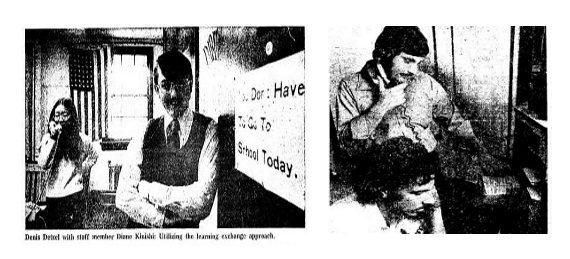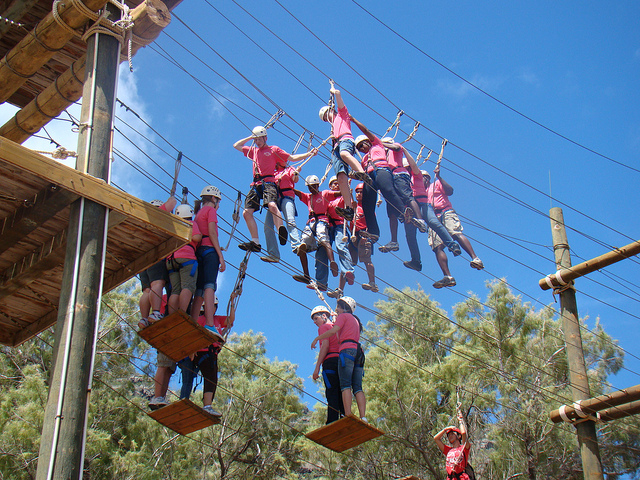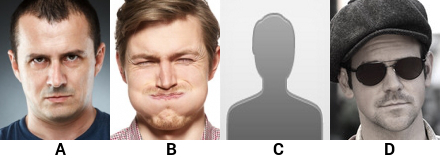
In May of 1971, two college students at Northwestern University named Denis Detzel and Robert Lewis who were inspired by Ivan Illich’s book “Deschooling Society” gathered a small group of students and local community members and founded The Learning Exchange. The Learning Exchange was later described by John McKnight (the founder of Asset-Based Community Development) as a local capacity listing and referral service.
The most simple local capacity listing and referral service consists of a method of gathering information; an information input, storage, and retrieval system; an individual or group who manages the information; and some method of public access to the information. To use the service, area residents who want to teach, learn, or share their interests simply contact the organization and indicate the kind of educational or recreational relationship they would like to develop with another individual or group. This information is then recorded, categorized, stored, and used to refer individuals to one another: teachers are referred to learners, learners are referred to teachers, and people with similar interests are referred to each other. Follow ups are made, and feedback is given about each experience.
The Learning Exchange started in 1971 with $25 which paid for printing and distributing 1,000 fliers. At the end of the first week, a total of three people had registered. By the end of the first year, they had a total of 1,000. Ten years later, Detzel and company had roughly 30,000 local participants in The Learning Exchange all teaching and learning from each other in Greater Chicago, both in small groups and as individuals. The amazing technology they used consisted of 3×5 handwritten notecards and a telephone.
The individuals’ information was kept on notecards to keep track of what skills they can teach and what they want to learn, and members would call in to search or update. Thousands on thousands of matches were made, all matched individually by hand. People who want to learn how to knit, speak Spanish, ride a unicycle– thousands on thousands of lessons went on in one-on-one settings and small groups taught by others in The Learning Exchange community. Their organization got members to sign up and pay for member status to keep it going, grossing about $100,000 annually. Overall, the organization was a huge success when it came to meeting the needs of the community, yet it was discontinued after ten years and sold to a classroom outfit called The Learning Center.
So what happened? According to Denis Detzel in an interview I had with him last year, two things: First, the leadership had mostly moved on and were doing other things. Second, they got too big and tried to automate the system with computers. “Back then,” he said, “computers were the size of a suitcase, and often not reliable.”
In that interview, I was not only struck by how much they did with so little, but also reminded that while technology is great for scaling, it isn’t necessary for creating engagement and building communities. Individuals and communities with no technology, internet or cell phones can equally benefit from a local capacity listing and exchange. In fact, according to John McKnight, taking a “skills inventory” of each individual and setting up this kind of exchange (which he calls appreciative inquiry for individual asset building) is the first step to ABCD (Asset-Based Community Development).
While one would hope that more research and capacity exchanges will be implemented across the globe on both micro and macro levels, I can tell you on a personal note, I’ve never yet seen the capacity exchange concept fail to create social engagement between participants in any community where people have access to each other. Appreciative inquiry about each person’s strengths and aspirations regarding skills and knowledge always seems to increase interaction once participants are made aware and enabled to connect. (See Houston Language Partners.)
It would be interesting to see NextDoor.com or some similar neighborhood solution using a capacity exchange system to facilitate ABCD and measure interaction. It would be interesting to see Busuu.com try their hand at facilitating and measuring increased social interaction between speakers of different languages in a closed geographic community. It would be interesting to see college campuses use a capacity exchange system to increase engagement between international and domestic students, or students from different socio-economic backgrounds, or all students for that matter.
Using learning between humans as a social tool to create engagement in communities may just be the most effective yet underutilized way to promote healthy interaction and bring people together—online or off.
I can’t wait to see what happens next.
Contact us to volunteer or Donate and help the LRNGO worldwide directory become a community.

 I’ll save you the suspense. The answer is None of the Above.
I’ll save you the suspense. The answer is None of the Above.